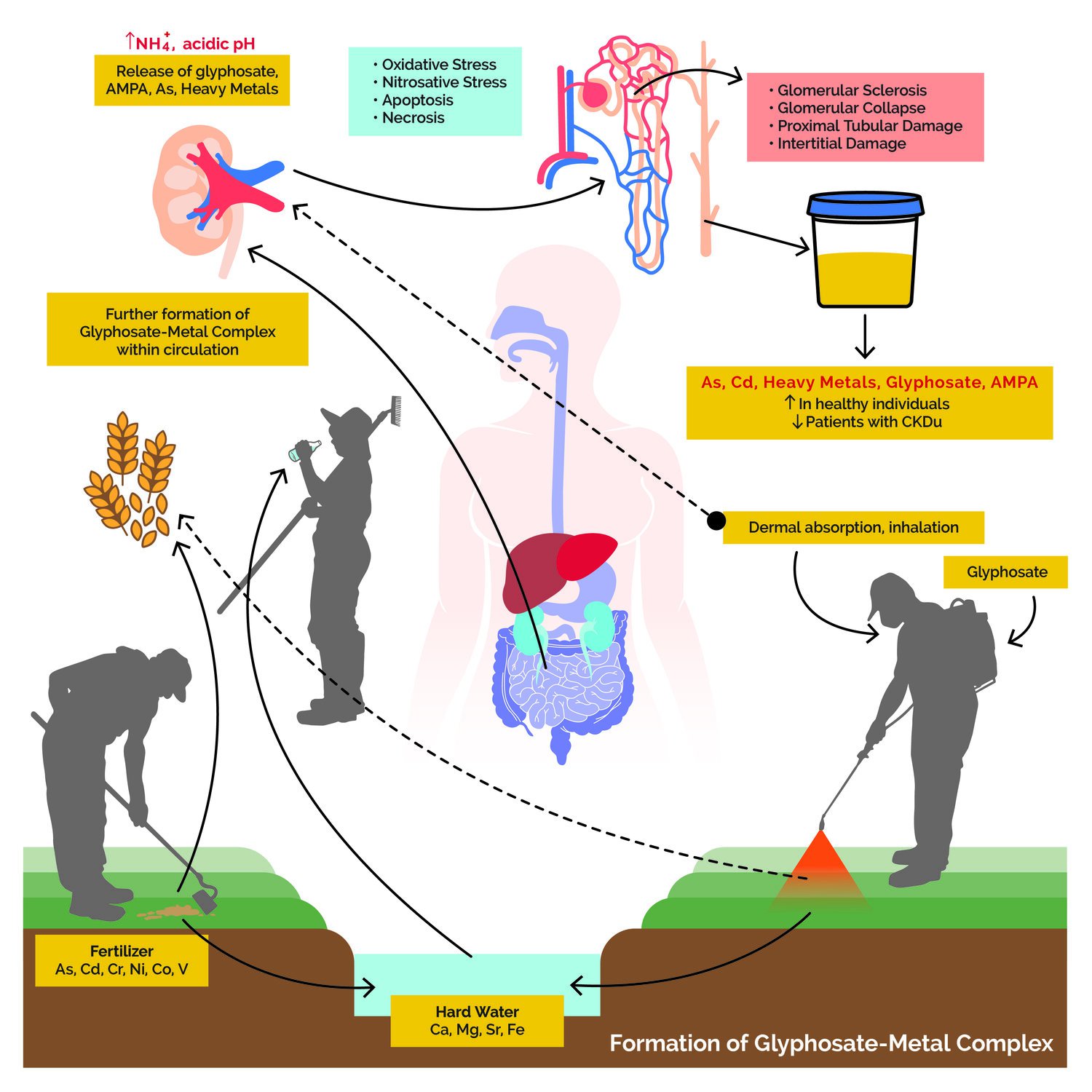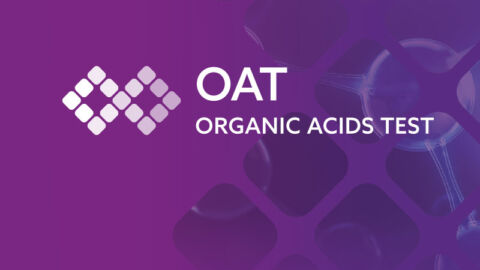WEBINAR Q&A
Q: Why is it considered to be “conventional” to spray your crops with glyphosate?
A: I assume that many farmers and others have been led to believe that glyphosate is safe and effective.
Q: Some of the organic frozen fruit I buy occasionally comes from Argentina. Would the organic fruit likely contain glyphosate residues due to potential cross-contamination? Would you avoid it?
A: Yes, I think this is possible. However, I do not think this is unique to Argentina. Unfortunately, glyphosate has wide-spread use in many other countries too.
Q: When we talk about the binding of these minerals, are you referring to how they bind them in the plant so the plants themselves have lower levels of these minerals – OR that if someone is DIRECTLY exposed to glyphosate that these issues would occur in the body?
A: Yes, both.
Q: You just mentioned that glutathione, etc. help deplete glyphosate, please reference this statement. I have seen no evidence in human studies for this.
A: I mentioned in my lecture (or at least meant too) is glyphosate can lead to oxidative stress that may deplete glutathione. If I misspoke in my phrasing regarding this section in my talk it was unintentional. Glutathione supplementation may be protective against some of the toxic effects of glyphosate. Check out the book by Stephanie Seneff, Ph.D. “Toxic Legacy” as it is full of references related to glyphosates toxicity on cellular mechanisms linked to glutathione depletion.
Q: There are many references to glyphosate. All the evidence for humate/fulvate and glyphosate is in soil or a few in animals. Is there any evidence that humates will increase urine glyphosate or fecal glyphosate levels?
A: My understanding of humic and fulvic interaction with glyphosate is through adsorption chemistry in possibly preventing (or at least reducing) its absorption. I do not know of any evidence with its ability to increase urine output of glyphosate once it has been absorbed.





